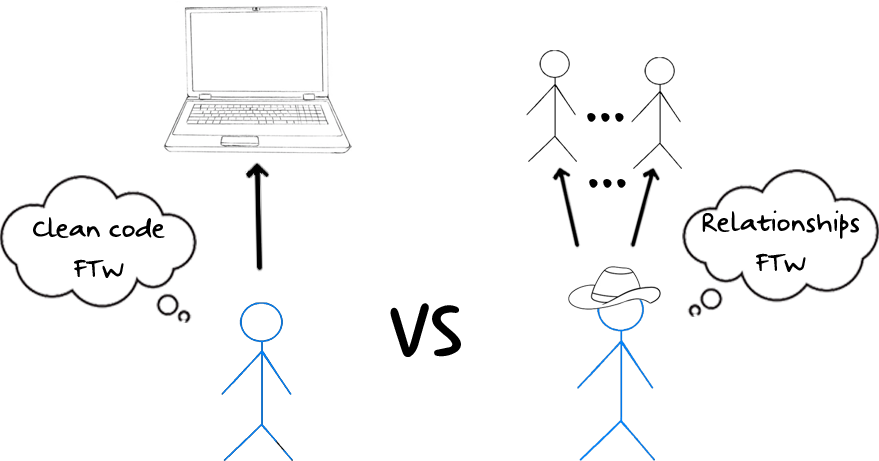5 Things you NEED to know before you become a manager
Transitioning from being a skilled software engineer to an effective engineering manager is more than a job title.
While your coding expertise got you this far, management requires something else.
It requires changing your whole approach to work.
Camille Fournier, who has led tech teams as CTO at Rent The Runway and VP of Technology at Goldman Sachs, shares seven invaluable lessons learned from years of experience.
In today’s article, we’ll see 5 differences between a manager and an engineer, so you can make a smarter decision on whether to become one or not.
1. Develop clear communication skills
Clear communication is the core of great management.
As a manager, you are responsible for your team. You need to make sure they understand their goals, tasks, and expectations.
You are also responsible to listen to their problems and feedback and respond thoughtfully
Pro Tip
Don’t underestimate the power of one-on-one meetings. These meetings are a fantastic way to build trust and get to know your engineers better. Ask Anton Zaides. This is his favorite type of meeting.
2. Strategic planning
When you’re an engineer in a company, you need to plan your own time and work.
As a manager, you’re responsible for dividing projects into steps, assigning tasks to your team and creating a schedule to complete them.
You also need to consider the resources you have and the resources required to ensure your projects are completed properly and on schedule.
And sometimes you need to first understand the problem and then figure out how to get the resources needed for it.
I wrote about it in another one of our articles, You are thinking in the wrong direction, along with Fran Soto.
3. Mentor and empower others
The first managerial experience many software engineers have is being a mentor to a junior team member, such as an intern or new hire.
As a mentor, you’re still primarily an engineer, but you’re also responsible for helping your mentees acclimate to the company, understand their tasks and connect with other coworkers.
Pro tip:
As an engineer, mentoring is a good first step toward becoming an engineering manager because it lets you practice directing and supporting another person without the pressure or higher stakes of an official role.
4. Adaptability
Adaptability = the ability to handle and create changes.
This is probably among the top 3 skills in the tech industry because the field is constantly changing and you must keep up with the changes to succeed.
As an engineer, this will probably be a piece of cake for you, because you’re already used to this rapid change.
The difference between an engineer and a manager is that the manager must have a bird's-eye view of the systems to make decisions about adapting to new technologies.
The manager has to know what effects the changes will have on the product and whether they are worth the time and resources.
5. Prioritize relationships
As a manager, you can no longer focus only on technical deliverables.
You are responsible for the well-being and cooperation of your team. You must prioritize relationship building, open communication and understand the individual strengths of your team members.
In order to thrive, you need to create an environment where team members feel safe, respected and motivated.
Practical Tip
Make building relationships a priority. Schedule one-on-one meetings to check in with team members, not just to discuss work. Understand their concerns and what drives them.
These moments of connection can make a huge difference.








Thanks for the mention, Orel!
Becoming a manager requires a different set of skills compared to being an engineer. They are mostly focused in the soft skills and you won't learn these overnight. It requires practice and time!
Great set of tips and loved this book, Orel. Thanks as well for the article shout-out!